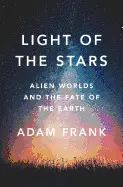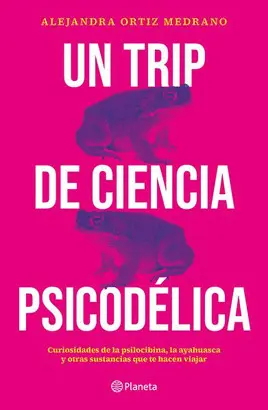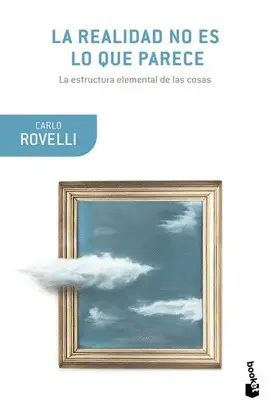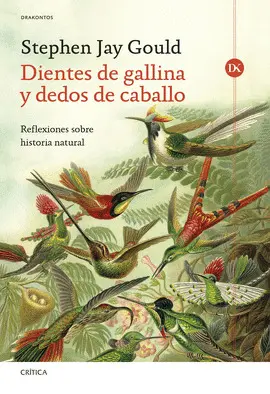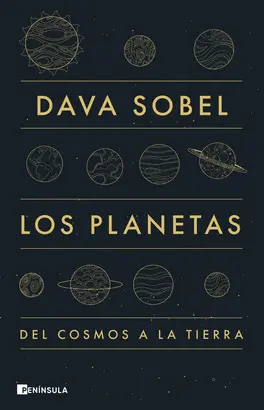- Editorial:
- NORTON
- Materia:
- Ciencia - STEM
- ISBN:
- 978-0-393-60901-1
LIGHT OF THE STARS: ALIEN WORLDS AND THE FATE OF THE EARTH
ADAM FRANK
Light of the Stars tells the story of humanity's coming of age as we awaken to the possibilities of life on other worlds and their sudden relevance to our fate on Earth. Astrophysicist Adam Frank traces the question of alien life and intelligence from the ancient Greeks to the leading thinkers of our own time, and shows how we as a civilization can only hope to survive climate change if we recognize what science has recently discovered: that we are just one of ten billion trillion planets in the Universe, and it's highly likely that many of those planets hosted technologically advanced alien civilizations. What's more, each of those civilizations must have faced the same challenge of civilization-driven climate change.
Written with great clarity and conviction, Light of the Stars builds on the inspiring work of pioneering scientists such as Frank Drake and Carl Sagan, whose work at the dawn of the space age began building the new science of astrobiology; Jack James, the Texas-born engineer who drove NASA's first planetary missions to success; Vladimir Vernadsky, the Russian geochemist who first envisioned the Earth's biosphere; and James Lovelock and Lynn Margulis, who invented Gaia theory. Frank recounts the perilous journey NASA undertook across millions of miles of deep space to get its probes to Venus and Mars, yielding our first view of the cosmic laws of planets and climate that changed our understanding of our place in the universe.
Thrilling science at the grandest of scales, Light of the Stars explores what may be the largest question of all: What can the likely presence of life on other worlds tell us about our own fate?


